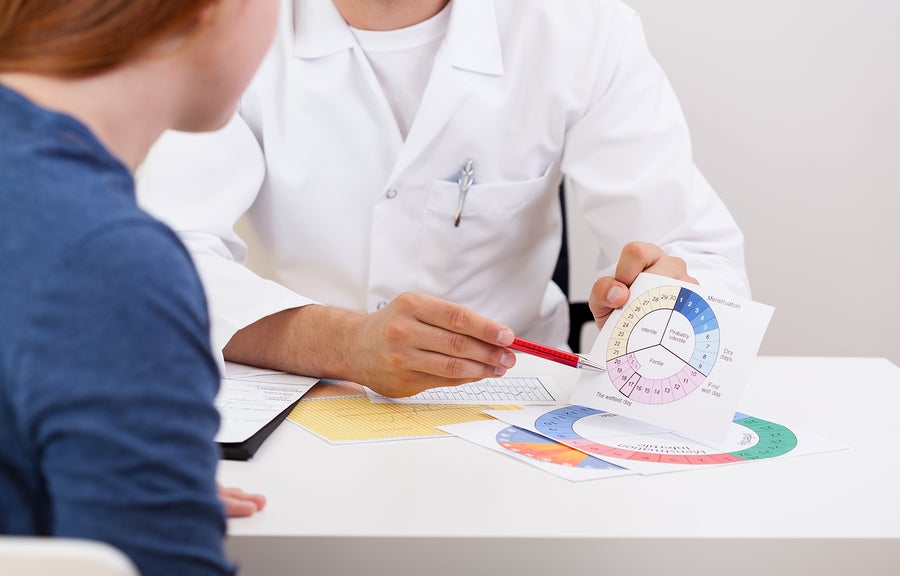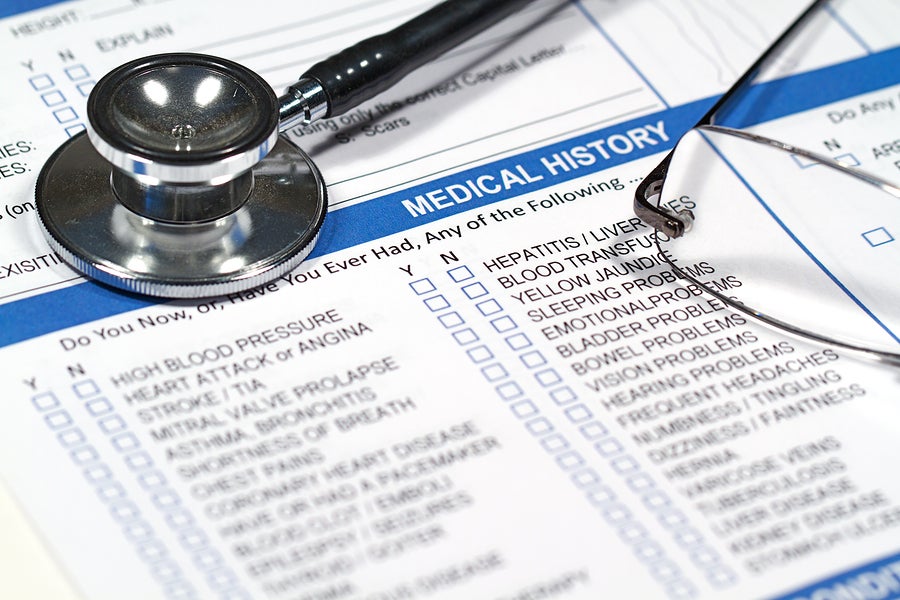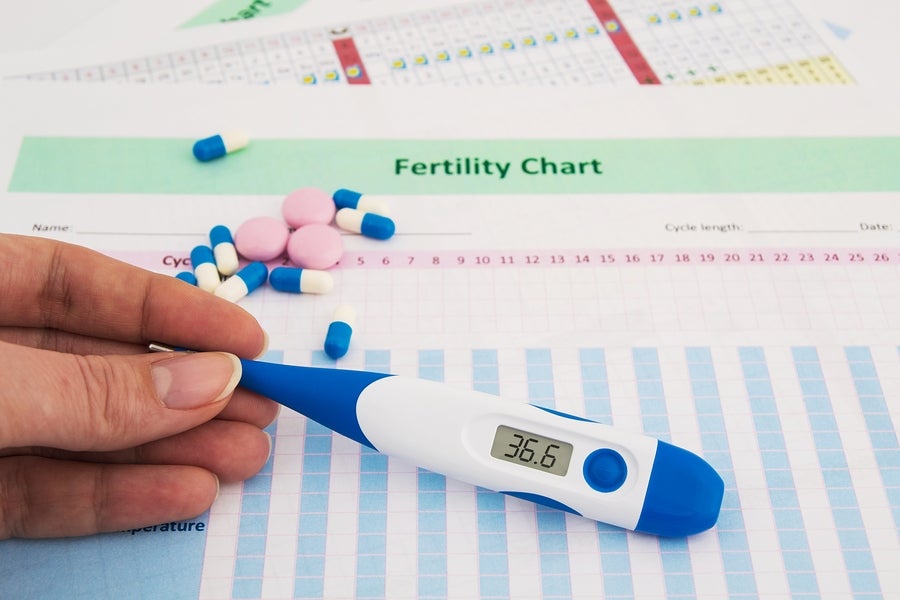Questions You Should Ask Your Doctor when Trying to Get Pregnant
Uncategorized
Many individuals struggle with fertility due to aspects of their age, their ovulation status, their hormonal imbalances, or other issues related to their reproductive systems. Luckily, technologies and innovations in the world of fertility have made successful outcomes possible for most patients struggling with infertility.
Today, we’re going to be discussing some of the important questions that any patient should be asking their fertility doctor upon first visit.
1: How might my birth control affect my fertility?
Many patients are concerned about the length of time they have been taking birth control over the years and are worried that it could have declined their fertility. To an extent, this is not true and not a big issue.
Taking birth control for long periods of time can slightly decrease the activity of eggs that should exist on an ovary, but going off birth control for a few months generally allows people to go back to where their normal levels should be. Once stopping birth control, the body generally goes back to its normal state within 6 months and 6 cycles of being off of any hormonal contraception.
Additionally, birth control does not “preserve” your fertility. If for any reason your body has not returned to normal after 6 months of being off of your birth control pill, this is a topic that should be brought to the attention of your fertility specialist.
2: How can you chart ovulation effectively?

One of the most important things about trying to conceive on one’s own is to make sure you know when you’re ovulating.
This is very easily said; however, for many people, it can be rather difficult to actually implement. While many patients these days like to use an app on their phone to understand when they are ovulating, they don’t work for everyone. Often, these apps are built around a standard ovulation cycle, meaning that they won’t be a good fit for everyone, as many people have cycles that are shorter or longer than the average 28 days.
Instead, I would recommend the use of ovulation predictor kits, which check certain hormones, specifically the LH hormone, which is released in the urine about 24 hours before ovulation and is an excellent predictor of when ovulation takes place. Most patients start to check their urine tests daily at around cycle day 10. Generally, we count the first day of full flow of her period as the first day of the cycle and 10 days later would count as day 10.
Starting on day 10, patients are advised to pee on the stick once a day in the morning, and when that kit turns positive, it’s likely the next day will be the start of ovulation.
More sophisticated systems such as the digital ovulation predictor kits monitor the process of ovulation on the first day of the cycle and can be more accurate at times. For most of these systems, the LH rise in hormones occurs 24 hours before ovulation and is the number-one predictor that ovulation will be occurring the next day.
If for any reason an ovulation predictor kit is repeatedly showing you that you are not ovulating, you should consult a fertility specialist.
3: How could my past medical history affect fertility?
Meeting with a fertility specialist for the initial consultation is a great time to discuss all aspects of a person’s previous medical and family history.
Certain genetic disorders can affect fertility, and for this reason it’s important to present them to your fertility specialist. Additionally, knowing a person’s medical history and confirming that a recent physical examination has been performed (and is completely within normal limits) allows the fertility specialist to move forward with treatment and not worry about additional items that have not already been examined.
Medical history should definitely include social history and environmental exposure history, so aspects such as tobacco use, alcohol use, drug use, and environmental toxins can all be discussed at the time of the consultation.
In terms of a family history, many patients have hereditary disorders that cause irregular menstrual cycles and can affect fertility as well, and this should be brought up at that time.
4: How could vaccinations (or a lack of them) affect fertility?
At the time of a physical examination or specific visit with a fertility specialist, a discussion about previous vaccinations usually comes up, and it is important for your fertility specialist to check to make sure that you are immune to both rubella, which is measles, and varicella, which is chickenpox.
Both of these infections can cause significant fetal abnormalities if contracted during pregnancy, and since vaccines are available for both, it is important to find out if you need the vaccination or not. Depending on which vaccinations are given, a one to six month waiting period is necessary before conception should occur.
Please make sure you discuss your most current vaccinations with either your general doctor or your fertility specialist.
5: How could my medications (or my partners’) impact fertility?
During a thorough consultation discussing the health aspects of a patient’s fertility, it is very important to present to your fertility specialist all medications, supplements, and herbs that you are taking. Many supplements and medications can affect the well-being of offspring and also affect conception in itself.
If a medication or supplement isn’t ideal for conception (or it is potentially harmful to a fetus), it is important to discuss with the physicians that had prescribed the medications if there are any alternative options for you to try. Also, starting a prenatal vitamin or folic acid supplement along with a DHA omega-3 fish oil may be beneficial for patients prior to conception.
As you can see, visiting a fertility specialist can be very educational — and at the same time, overwhelming.
For many people, the timing of fertility and checking ovulation predictor kits, and even the smallest questions such as which lubricants are best to use, can become very overwhelming. Patients must be aware that certain lubricants like TTC, which stands for Trying To Conceive, by the makers of ASTROGLIDE, are safe to use during the time of intercourse when trying to conceive, but other lubricants can be detrimental to the process.
These are just some of the items that may come up during a consultation. It is very important for patients to be organized and understand the explanations that their fertility specialists are giving them to make sure their doctor is a great fit for them.
Good luck, and don’t be scared! Just be sure to be organized.
Have more questions about trying to conceive? Read “How Often Should You have Intercourse If You Are Trying to Conceive?” for more expert fertility advice!
Images are for illustrative purposes only.
